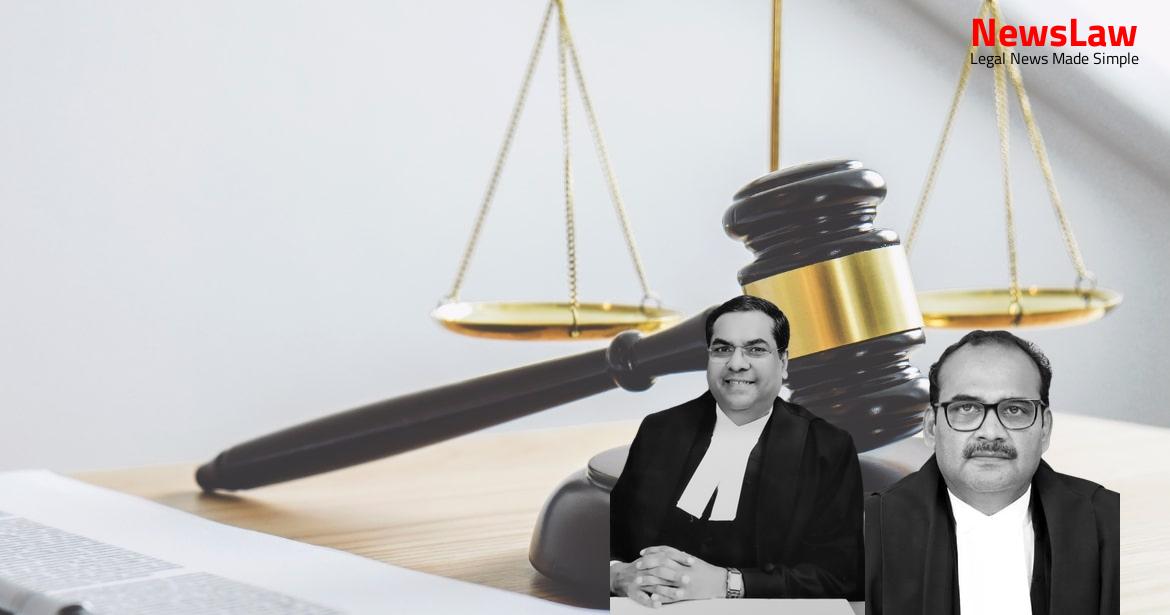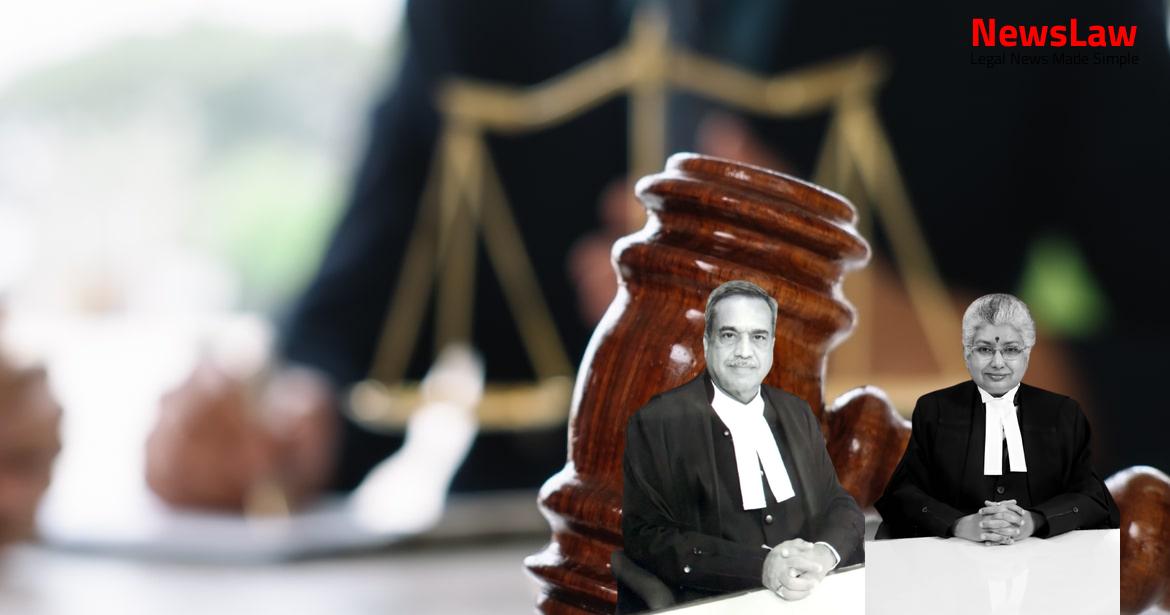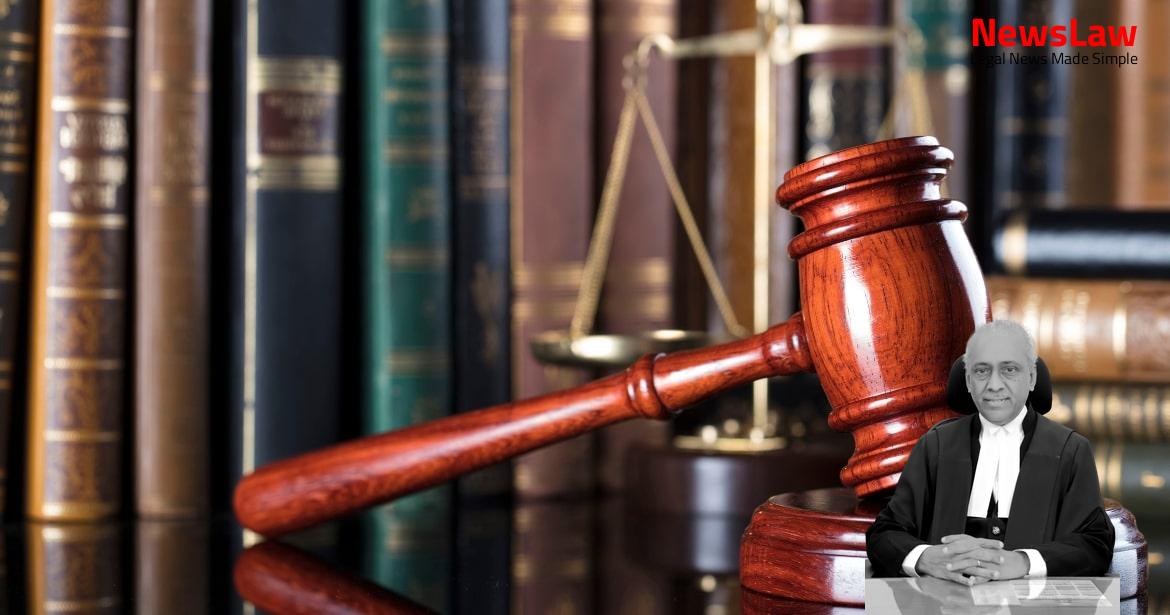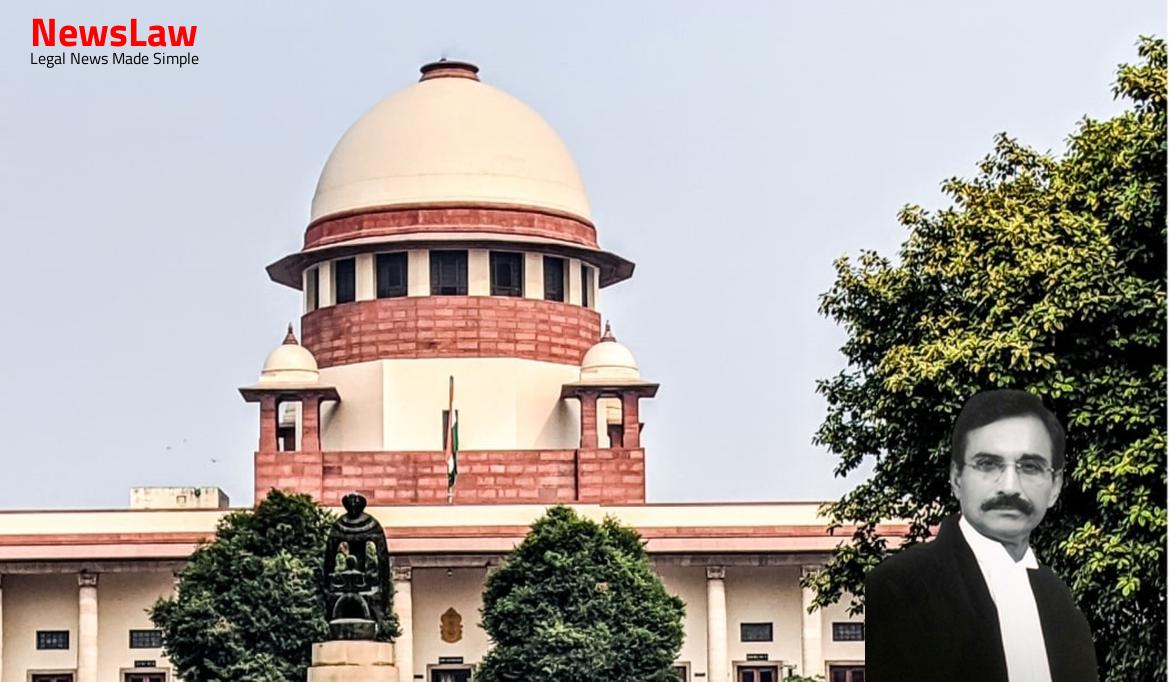Delve into the complexities of retroactive amendments in the context of the Payment of Gratuity Act. Discover the court’s meticulous legal analysis and interpretation of the constitutionality of retrospective laws. Gain insights into the doctrine of separation of powers and the intricacies of legislative amendments. Explore the implications of the court’s decision on rectifying legislative mistakes and the impact on various stakeholders in the legal landscape.
Facts
- The civil appeals by way of special leave were heard together as they involve a common question regarding the constitutional validity of the amendment to Section 2(e) and insertion of Section 13A to the Payment of Gratuity Act, 1972.
- The impugned amendment was made with retrospective effect from 3 April 1997 through the Payment of Gratuity (Amendment) Act, 2009.
- The Payment of Gratuity Act, 1972 requires payment of gratuity to an employee after rendering continuous service for at least 5 years in various circumstances such as superannuation, retirement, resignation, death, or disablement due to accident or disease.
- The High Courts of Allahabad- Lucknow Bench, Gujarat, Delhi, Bombay- Aurangabad Bench, Punjab and Haryana, Chhattisgarh- Bilaspur Bench, and Madhya Pradesh-Indore Bench were involved in the appeals questioning the validity of the amendment.
- A batch of writ petitions under Article 32 of the Indian Constitution were also considered in conjunction with the civil appeals.
- Teachers in private schools were denied the benefit of gratuity while other employees were entitled to it.
- The High Court of Gujarat’s decision denying gratuity to teachers was challenged and rejected by the Ahmedabad Private Primary Teachers’ Association in January 2004.
- The Payment of Gratuity Act applies to establishments with ten or more employees, as specified by the Central Government.
- Private schools with more than ten employees became liable to pay gratuity to their employees.
- Some private schools disputed that teachers were not considered ’employees’ as per the Act.
- Notification No S-42013/1/95-SS.(II) made the PAG Act applicable to educational institutions with ten or more employees.
- The definition of ’employee’ in the Act was updated post the Payment of Gratuity (Amendment) Act in 1994.
Also Read: Analysis of Bail Conditions in Criminal Appeal No. INSC 48/2024
Arguments
- The legislation rectifies the infirmities and defects pointed out by the Court.
- The amended clause (e) to Section 2 and the newly inserted Section 13A with retrospective effect from April 3, 1997, serve the purpose of the Notification No S-42013/1/95-SS.(II).
- Legislature can amend the language of the provision that was the subject of the court decision without overruling it.
- Amendment changes the law, making the earlier interpretation irrelevant.
- Doctrine of separation of powers delineates the roles of the legislature in enacting laws and the courts in interpreting them.
Also Read: Conviction Upheld for Murder and Concealment of Body
Analysis
- Section 1(3) of the PAG Act specifies the establishments to which the Act applies.
- The High Court of Gujarat, in a judgment dated 4 May 2001, accepted that teachers did not fall under the definition of ’employees’ as per the Act.
- Section 4 of the Repealing and Amendment Act, 2016, ensures that the repeal of any enactment does not affect other enactments where the repealed enactment is referenced.
- The Repealing Act also safeguards any actions or rights already established prior to the repeal.
- It clarifies that the repeal does not revive or restore any matters not currently in force.
- Retrospective laws are ambiguous and may be confusing.
- Retrospective effect is only given to an Act if expressly stated by the legislature.
- The Amendment Act of 2009 gave retrospective effect to amendments in the gratuity law, rectifying a legislative mistake.
- The legislature has the power to make retroactive amendments, not limited to tax statutes.
- The amendment aimed to bring equality and fair treatment to teachers regarding gratuity benefits.
- The Standing Committee recommended changes to grant gratuity to teachers, effective from 3rd April 1997.
- The repeal and amending acts are for legislative spring-cleaning and do not intend to change the law.
- The legislature’s intention was to end the custom by the cut-off date, affecting contests that were ongoing before the Act came into force.
- The notification issued in 1997 extended gratuity provisions to employees of educational institutions.
- The courts have ruled in favor of retroactive amendments in several cases, dismissing challenges to the amendment’s constitutionality.
- The learned Chief Justice emphasizes that Acts designed for editorial revision have no legislative effect
- Stay was not accepted in most cases, but granted in some cases for gratuity payment before April 3, 1997
- Different definitions of ’employee’ under various acts were discussed
- Two concepts of retroactivity, ‘true retroactivity’ and ‘quasi-retroactivity’, were explained
- Judgements and principles related to repealing and amending Acts were referenced
- Disagreement with Punjab High Court’s interpretation of Section 4 of the Repealing and Amending Act of 1952 was noted
- Various legal definitions of ‘retroactive’ and ‘retrospective’ were provided
- Cases like Management of Goodyear India Limited v. Shri K.G. Devessar were referenced
- The relevance of fee regulation in educational institutions was discussed
- Comparison of retroactive and retrospective actions in law was analyzed
- The power of Parliament to legislate retrospectively or prospectively was affirmed
- The conclusion that teachers are not covered under the definition of ’employee’ in the Act of 1972 was reiterated
Also Read: 1991 Decree Invalid: No Determination of Rights in Property Dispute
Decision
- Private schools must make payment to employees/teachers within 6 weeks in accordance with the PAG Act.
- Employees/teachers can move appropriate forum for enforcement in case of default.
- No orders as to costs in this case.
- Partial stay order dated 31 January 2020 in SLP (C) No 2235 of 2020 is vacated.
Case Title: INDEPENDENT SCHOOLS FEDERATION OF INDIA (REGD.) Vs. UNION OF INDIA (2022 INSC 879)
Case Number: C.A. No.-008162-008162 / 2012



